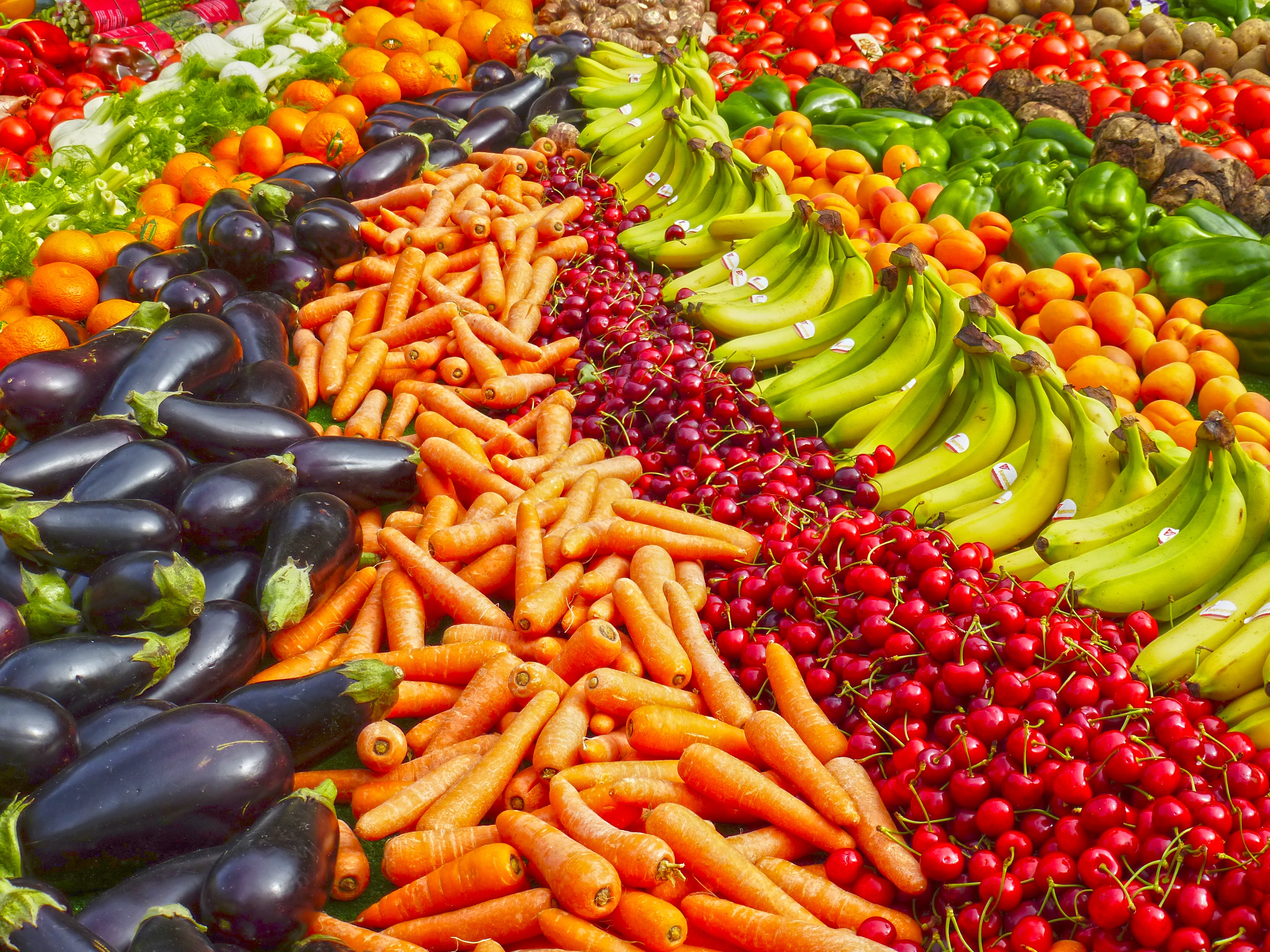ANTONINA MUTORO on the unsafe habits that kill more than 400,000 people a year
Unsafe foods, according to the World Health Organisation (WHO), contribute to poor health, including impaired growth and development, micro-nutrient deficiencies, noncommunicable and infectious diseases, and mental illness. Globally, one in ten people are affected by food-borne diseases each year.
Access to safe and nutritious food is a basic human right which many do not enjoy, partly because of food contamination. This is defined as the presence of harmful chemicals and microorganisms in food that can cause illness. According to the WHO, food contamination affects about one in every ten people globally and causes about 420,000 deaths annually.
Food contamination can be:
physical: foreign objects in food can potentially cause injury or carry disease-causing microorganisms. Pieces of metal, glass and stones can be choking hazards, or cause cuts or damage to teeth. Hair is another physical contaminant.
biological: living organisms in food, including microorganisms (bacteria, viruses and protozoa), pests (weevils, cockroaches and rats) or parasites (worms), can cause disease.
chemical: substances like soap residue, pesticide residue and toxins produced by microorganisms such as aflatoxins can lead to poisoning.
The most common cause of food contamination is poor food handling. This includes not washing your hands at the appropriate time – before eating and preparing food, after using the toilet, or after blowing your nose, coughing or sneezing. Using dirty utensils, not washing fruits and vegetables with clean water, and storing raw and cooked food in the same place can also be harmful. Sick people should not handle food. And you should avoid consuming under-cooked foods, particularly meat.
Poor farming practices can also contaminate food. This includes the heavy use of pesticides and antibiotics, or growing fruits and vegetables using contaminated soil and water. The use of inadequately composted or raw animal manure or sewage is also harmful.
Fresh foods can lead to a number of illnesses. In Kenya, for instance, the contamination of meat, fruits and vegetables with human waste is relatively common. This is attributed to the use of contaminated water to wash food. Flies carrying contaminants can also directly transfer faecal matter and bacteria onto plant leaves or fruits.
Street foods are another common source of food contamination. These foods are widely consumed in low- and middle-income countries because they’re cheap and easily accessible.
Biological and chemical substances are the most common food contaminants. They account for more than 200 food-borne illnesses, including typhoid, cholera and listeriosis. Food-borne illnesses usually present as diarrhoea, vomiting and stomach pains.
In severe cases, food-borne illnesses can lead to neurological disorders, organ failure and even death. It’s therefore advisable to seek immediate medical attention if you begin to experience symptoms like persistent diarrhoea and vomiting after eating or drinking.
Children aged under five are the most vulnerable to food-borne illnesses. They bear 40 per cent of the food-borne disease burden. A child’s immune system is still developing and can’t fight off infections as effectively as an adult’s.
In low- and middle-income countries, reduced immunity in children can also occur as a result of malnutrition and frequent exposure to infections due to poor hygiene and sanitation, including a lack of access to safe water and toilets. Additionally, when children are ill, they tend to have poor appetites. This translates to reduced food intake. Coupled with increased nutrient losses through diarrhoea and vomiting, this can lead to a cycle of infection and malnutrition and, in extreme cases, death.
Pregnant women and people with reduced immunity due to illness or age are equally vulnerable and extra care should, therefore, be taken to prevent food-borne illnesses among these groups.
Food-borne illnesses also have negative economic impacts, especially in low- and middle-income countries. The World Bank estimates it costs more than US$15 billion annually to treat these illnesses in these countries. So it’s important to have preventive strategies in place.
Food contamination can be prevented through simple measures:
- washing your hands at key times (before preparing, serving or eating meals; before feeding children, after using the toilet or after disposing of faeces)
- wearing clean, protective clothing during food preparation
- storing food properly
- washing raw foods with clean water
- keeping raw and cooked foods separate
- using separate utensils for meats and for food meant to be eaten raw.
- Good farming practices, such as the use of clean water and application of approved pesticides in recommended amounts, can help prevent food contamination.
Antonina Mutoro is Postdoctoral Research Scientist, African Population and Health Research Cente. This article is republished from The Conversation under a Creative Commons licence







Click here to change your cookie preferences